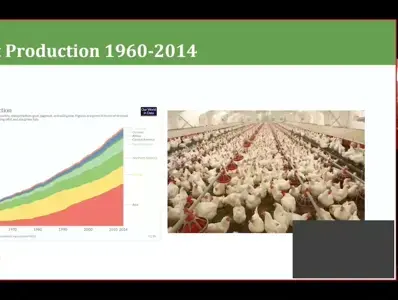Sustainable Food Systems in a Healthy World: how do we move Forward in Addressing Malnutrition on a Global Scale
Many of the Millennium Development Goals are ‘wicked problems’ which require complex and systemic approaches to address them. The UNAIDS programme provides an example to follow in achieving progress through a multi-agency, multidisciplinary, locally responsive approach. Large parts of the world still lack access to adequate nutrition and this produces stunting which in turn limits the human capital needed for economic growth. Changing the food system is essential for reducing global poverty and addressing climate change, as food production produces large volumes of greenhouse gas. Consumption of meat is not decreasing despite increased awareness of the environmental and health implications. The problem is complex and no single diet provides a perfect answer, as for example a diet that reduces climate impacts might be nutritionally inadequate. As with the response to HIV/AIDS, we need a systematic approach with a shared framework that enables people to develop local solutions. This becomes all the more important as climate change is set to reduce global food production.
If you liked this post you may also like

